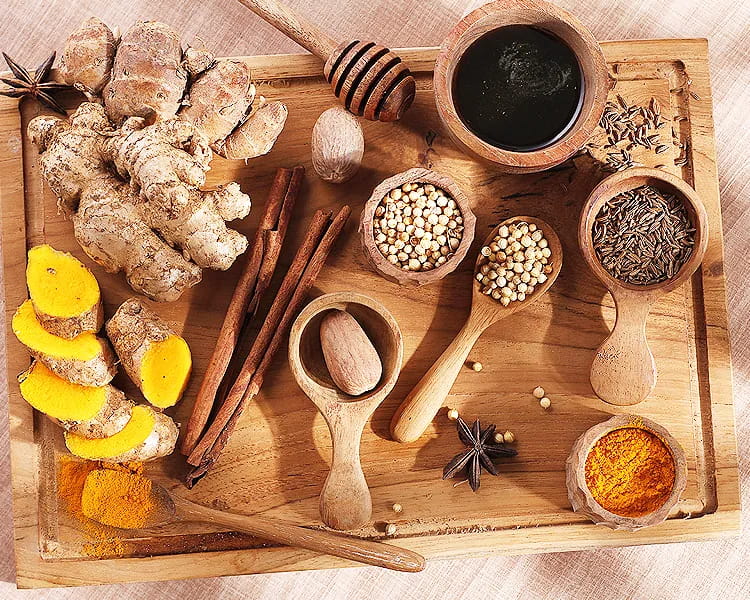Key highlights or summary
- Several herbs like fenugreek, cinnamon, and bitter melon show promise in blood sugar control.
- Herbal remedies are most effective when paired with diet and exercise.
- Always consult your doctor before adding new herbs to your routine.
- In emergencies, insulin, hydration, and light activity may help lower blood sugar.
- Natural approaches should support, not replace, prescribed diabetes treatments.

How was the experience with the article?
We'd love to know